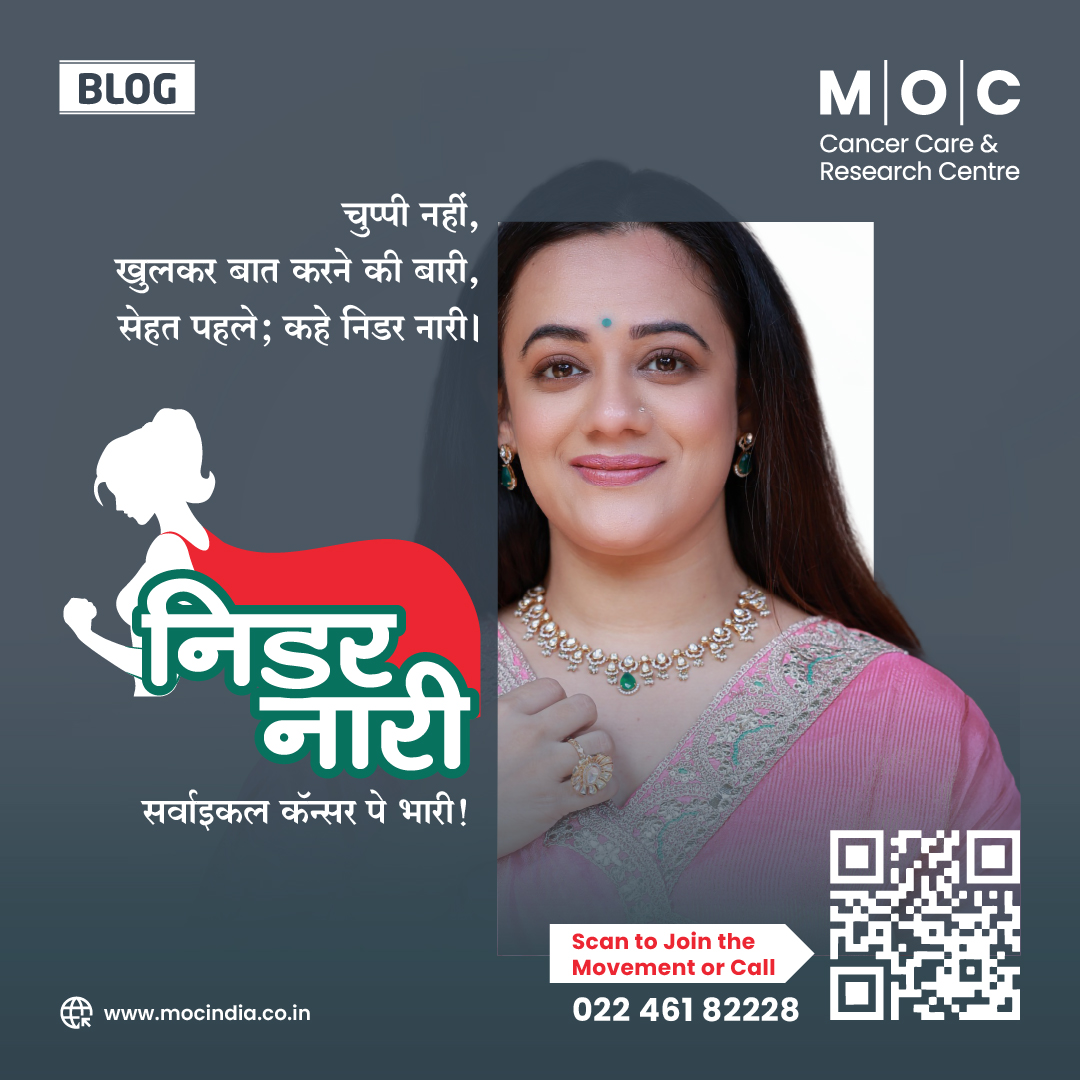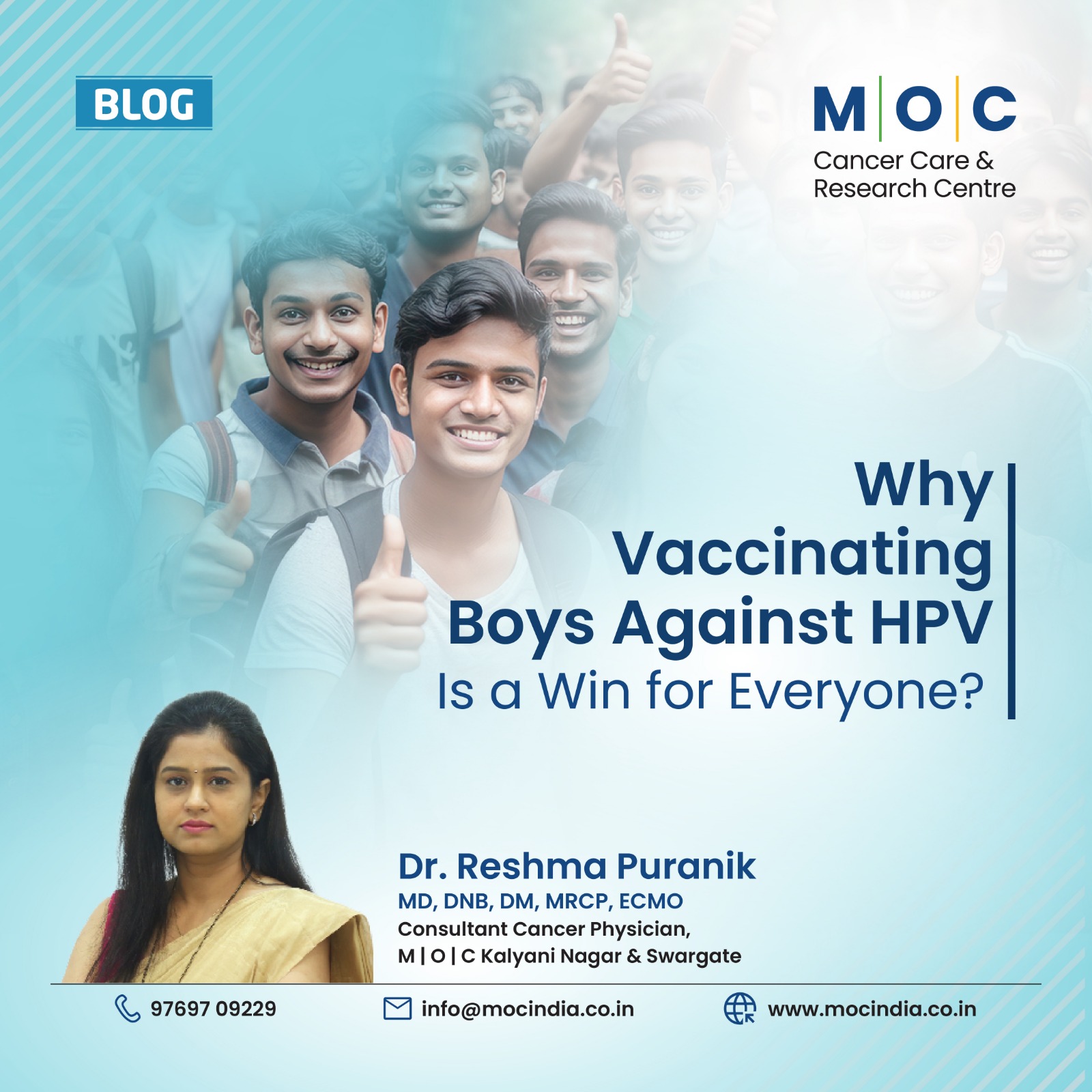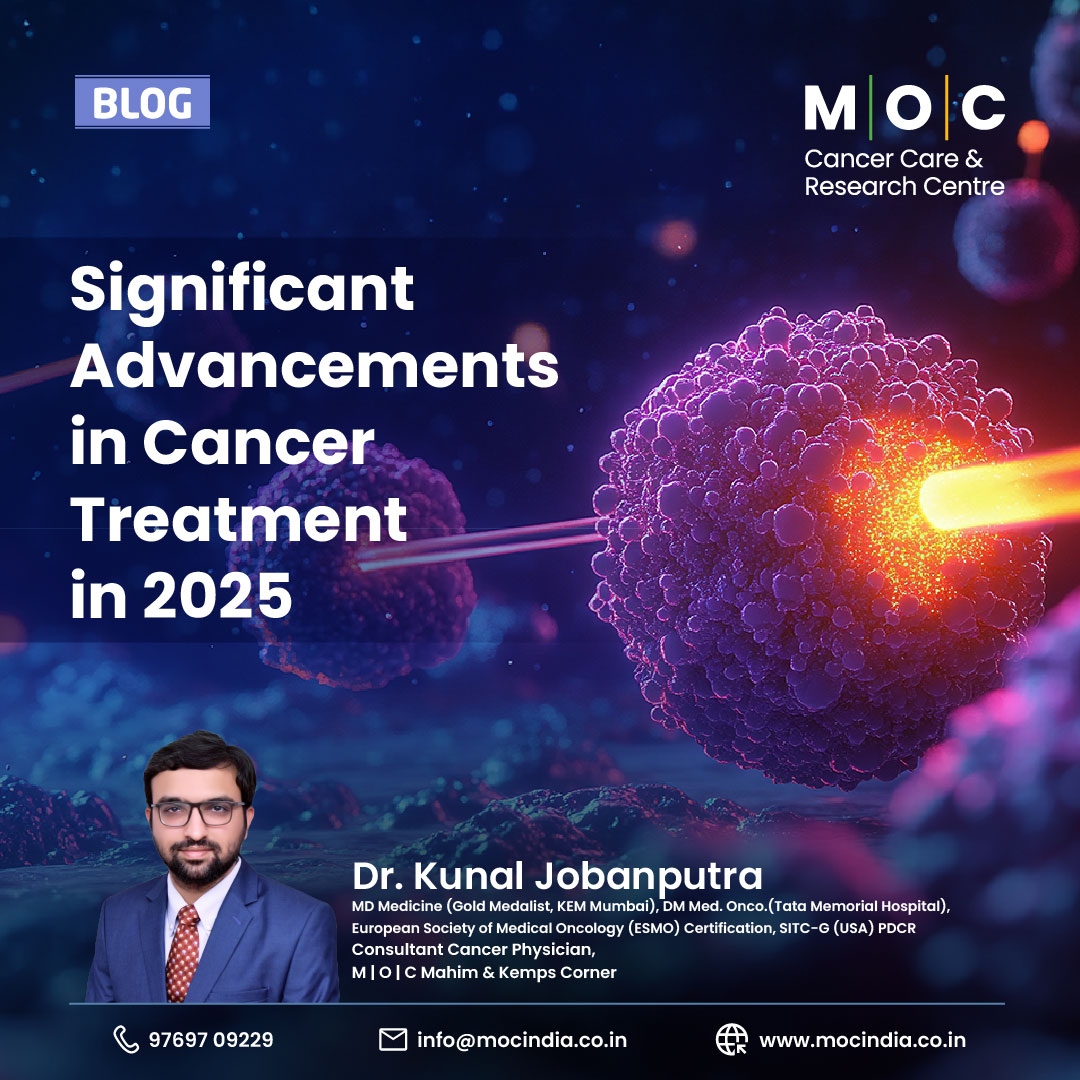Immunotherapy for Lung Cancer: Key Questions Answered
.jpg)
.jpg)
.jpg)
Until 2 decades ago, surgery, chemotherapy and radiation therapy were the traditional means of treating lung cancer, which is one of the most common types of cancer globally and the reason for more than a million deaths every year.
The diagnosis in Late-stages was always the case with lung cancers and usually it is associated with poor outcomes. With the progress of science, many targeted therapies came into play and dramatically improved treatment responses, especially with specific variants of lung cancers carrying specific mutations.
Immunotherapy, a new and a promising chapter in lung cancer management brings new hope to those suffering from lung cancer. It is an innovative treatment option that has improved survival rates in many different types of cancers, especially lung cancer.
Here are some answers to pressing questions about the use of immunotherapy in lung cancer.
Q. What is immunotherapy and how does it work?
Immunotherapy, also known as immuno-oncology, is a type of treatment for cancer that uses a person’s own immune system to fight cancer. These medications help the immune system recognise the cancer cells as foreign and harmful and enable their destruction.
Q. What are the types of immunotherapy used for lung cancer?
There are several FDA-approved immunotherapy drugs for lung cancer patients.
1. Immune checkpoint inhibitors:
Immune checkpoints are molecules in the immune cells that can initiate or stop an immune response. Cancer cells can trick these checkpoint molecules and stop the immune cells from attacking them. Immune checkpoint inhibitors target the immune checkpoint molecules, allowing them to begin an immune response against cancer cells. Some approved checkpoint inhibitors for lung cancer are anti-PD1 monoclonal ?antibodies, anti-PD-L1 monoclonal antibodies and anti-CTLA-4 monoclonal antibodies.
These medicines are available as intravenous (IV) infusions and can have some side effects like fatigue, nausea, skin rash and some immune-related side effects.
2. Bispecific T-cell Engager (BiTE®) Therapy:
In this type of immunotherapy, a person’s T-cells (a type of white blood cell) are designed so that they can get closer to the cancer cells and attack them. Currently, this therapy is used to treat advanced small cell lung cancer (SCLC).
Q. Which patients are eligible for immunotherapy?
Most immunotherapy treatments are recommended as initial therapy, but they are sometimes given in combination with chemotherapy. There are situations which also recommend the use of two different immunotherapy drugs given simultaneously. It should be noted that each immunotherapy drug has specific recommendations depending on the type and stage of lung cancer, biomarkers and the genetic mutations.
Q. How does immunotherapy differ from other forms of therapy?
- Traditional chemotherapy uses different types of chemicals to kill cancer cells.
- Radiation therapy uses high-energy X-rays or radiation particles to destroy cancer cells.
- Targeted therapy attacks specific targets on or inside the cancer cell and prevents its growth.
- Immunotherapy targets the communication of the immune system with the cancer cells and enhances the patients own immune system, so that it can kill the cancer cells.
Q. What are the possible side effects of immunotherapy?
Like all other forms of cancer treatment, immunotherapy also has certain side effects, and the intensity of these side effects varies from person to person. Common side effects include:
- Tiredness/fatigue
- Shortness of breath
- Cough
- Nausea
- Reduced appetite
- Diarrhea
- Joint, bone, and muscle pain
- Skin rashes
- Recurrent infections
Most side effects of immunotherapy can be managed with over-the-counter medication. Communicating what you are experiencing with your oncologist will enable early and effective management of these side effects.
Immunotherapy has fundamentally changed the treatment offering available to lung cancer patients, offering them new hope and better survival. Ongoing research continues to improve on predicting lung cancer patients for whom this therapy could be beneficial, optimising treatment combinations, and developing new approaches to overcome resistance and further improve the survival of patients with lung cancer.
Dr. Nitin Bayas
DNB (Internal Medicine),DNB (Medical Oncology)
Consultant Cancer Physician
MOC Cancer Care & Research Centre, Borivali.
Latest Blogs
-
![Nidar Naari is a movement initiated by M|O|C Cancer Care & Research Centre]()

- 10th Feb, 2026
- Nidar Naari is a movement initiated by M|O|C Cancer Care & Research Centre
-
![Cervical Cancer Awareness Month- January 2026]()

- 23rd Jan, 2026
- Cervical Cancer Awareness Month- January 2026
-
![Why Vaccinating Boys Against HPV is a Win for Everyone ?]()

- 20th Jan, 2026
- Why Vaccinating Boys Against HPV is a Win for Everyone ?
-
![Are Pollution and Chemical Exposure Driving the Rise of Blood Cancer Cases in Children?]()

- 17th Jan, 2026
- Are Pollution and Chemical Exposure Driving the Rise of Blood Cancer Cases in Children?
-
![Significant Advancements in Cancer Treatment in 2025- Dr Kunal Jobanputra- M|O|C Kemps Corner and Mahim]()

- 12th Jan, 2026
- Significant Advancements in Cancer Treatment in 2025- Dr Kunal Jobanputra- M|O|C Kemps Corner and Mahim
-
![Managing sleep disturbances during and after cancer treatment]()

- 11th Dec, 2025
- Managing sleep disturbances during and after cancer treatment
Book Your Appointment








